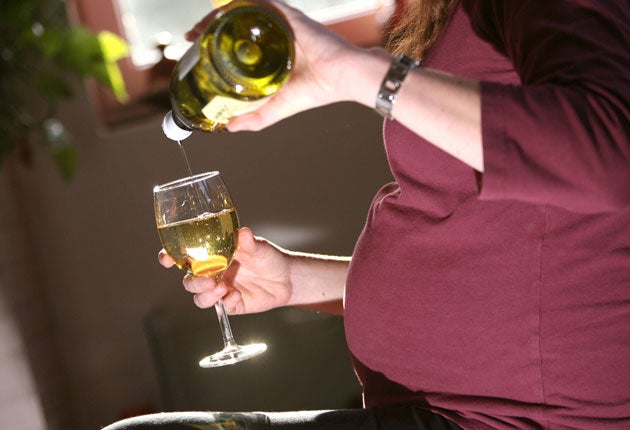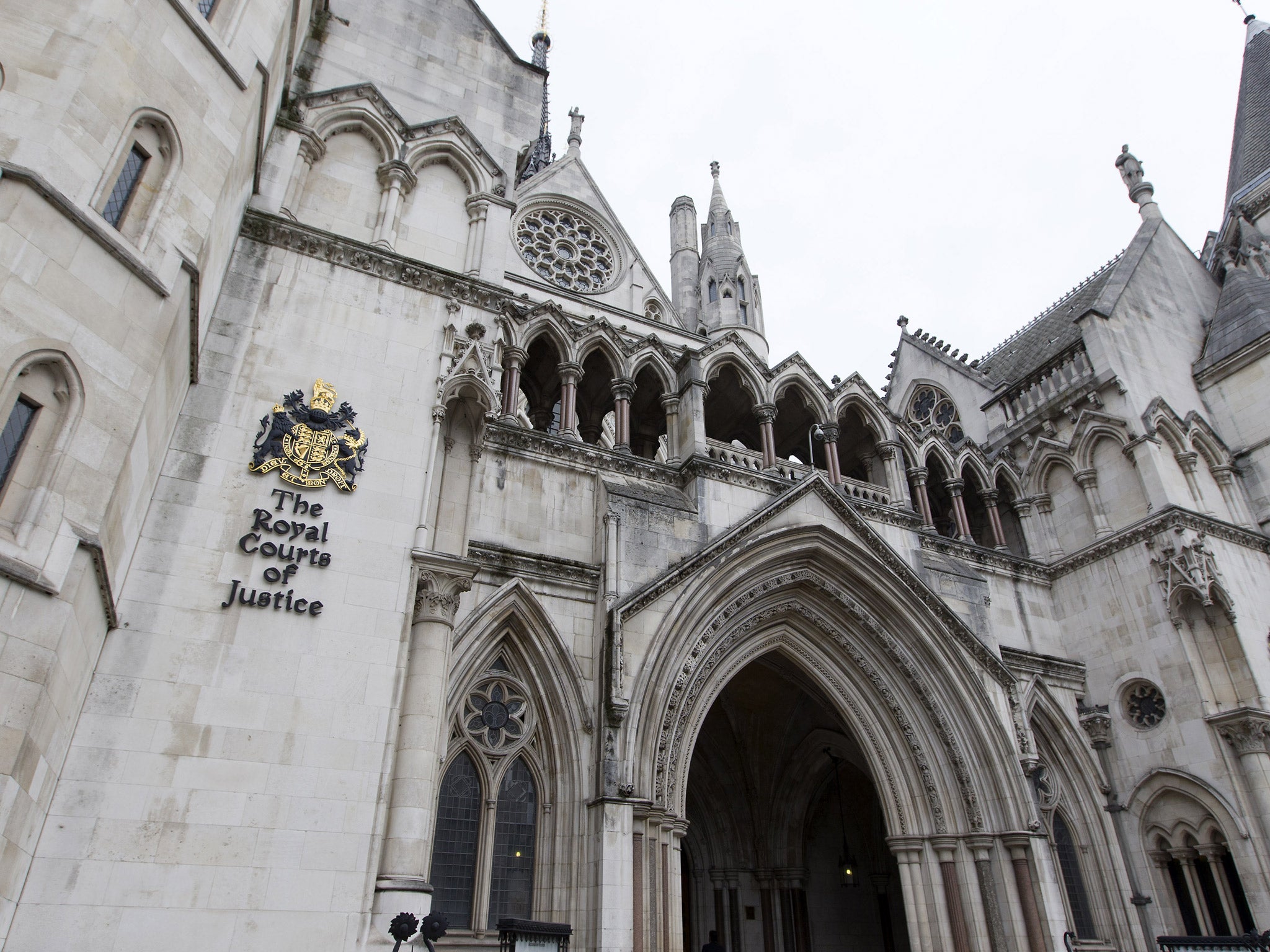Drinking while pregnant could become criminal offence, say women's charities ahead of landmark case
Council seeks compensation for a six-year-old girl with 'growth retardation' caused by her mother's alcohol consumption during pregnancy

Your support helps us to tell the story
From reproductive rights to climate change to Big Tech, The Independent is on the ground when the story is developing. Whether it's investigating the financials of Elon Musk's pro-Trump PAC or producing our latest documentary, 'The A Word', which shines a light on the American women fighting for reproductive rights, we know how important it is to parse out the facts from the messaging.
At such a critical moment in US history, we need reporters on the ground. Your donation allows us to keep sending journalists to speak to both sides of the story.
The Independent is trusted by Americans across the entire political spectrum. And unlike many other quality news outlets, we choose not to lock Americans out of our reporting and analysis with paywalls. We believe quality journalism should be available to everyone, paid for by those who can afford it.
Your support makes all the difference.Drinking alcohol while pregnant could become a criminal offence, women's charities have said ahead of a hearing at the Court of Appeal tomorrow.
A council is seeking criminal injuries compensation for a six-year-old girl with “growth retardation” caused by her mother's alcohol consumption during pregnancy.
If the court rules the woman committed a crime it could pave the way for pregnant women's behaviour to be criminalised, according to the British Pregnancy Advisory Service (bpas) and Birthrights.
The little girl was born with Foetal Alcohol Syndrome (FAS), which can cause retarded growth, facial abnormalities and intellectual impairment.
Lawyers representing the local authority, in the North West of England, are seeking to prove that the six-year-old's mother committed a crime under the Offences Against the Persons Act 1861.

Ann Furedi, chief executive of bpas, and Rebecca Schiller, co-chair of Birthrights, said: "Making one particular form of behaviour during pregnancy into a criminal offence would lay the ground for criminalising a wide range of other behaviours because they may too pose a risk to the health of the baby.
"When we consider that the taking of necessary medication, such as treatment for epilepsy or depression, or the refusal of a caesarean section could be seen to fall into the category of maternal behaviours that may damage the foetus, the trajectory of such an approach is deeply worrying.
"We should take very seriously any legal developments which call into question pregnant women's fundamental right to bodily autonomy and right to make their own decisions.
"Pregnant women deserve support and respect, not the prospect of criminal sanction for behaviour which would not be illegal for anyone else."
Foetal Alcohol Syndrome was diagnosed 252 times in England in 2012 to 2013.
The charities claim however that there is "continuing uncertainty" in the medical profession over the relationship between drinking and harm to the foetus.
They have said mothers and their babies would not be best served by treating pregnant women with drug or alcohol abuse problems as criminals.
In January it emerged the authority had failed in its bid to win compensation on the child's behalf from the Criminal Injuries Compensation Authority (CICA).
A written ruling by the Upper Tribunal of the Administrative Appeals Chamber said the child was born with foetal alcohol spectrum disorder as a "direct result" of her mother's drinking.
But it concluded: "If (the girl) was not a person while her mother was engaging in the relevant actions then... as a matter of law, her mother could not have committed a criminal offence."
Neither the girl nor the mother was identified in the ruling.
The case will be heard at the Court of Appeal tomorrow with a ruling expected at a later date.
Additional reporting by PA